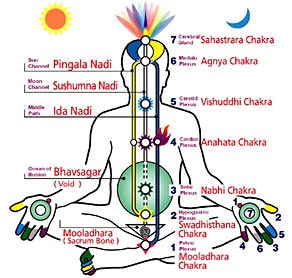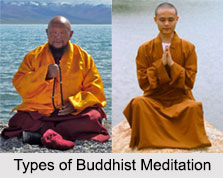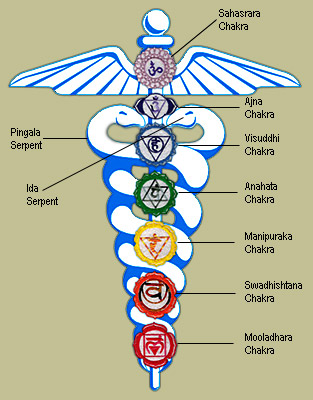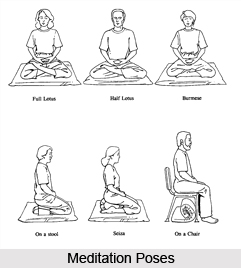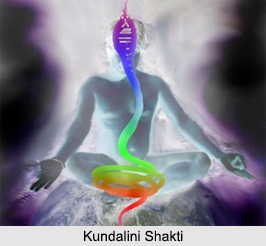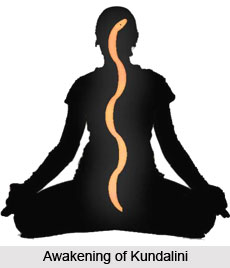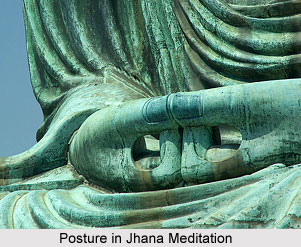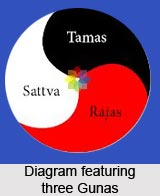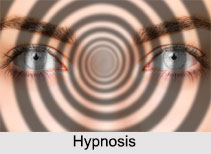 Hypnosis is a mental state that is typically characterized by heightened imagination, extreme suggestibility and relaxation. It is practised when a person has reached to an altered state of mind. It utilizes states of deep relaxation and enhances the change of human behaviour promoting physical and mental well-being. It helps to uncover and explore the emotions, memories and past events which may affect a person"s conscious mind. Apart from helping to heal a number of psychological and medical problems, Hypnotherapy also aids in relaxation of the subject. The process of hypnosis involves two persons- the subject and the instructor. The art of creating the hypnotic state in the subject is known as induction procedure. Some practitioner uses the simple calming techniques where the other instructor use complex triggers like mechanical devices. The hypnotic state is the best time to make life-altering change as the power of suggestion works most fruitfully in this state.
Hypnosis is a mental state that is typically characterized by heightened imagination, extreme suggestibility and relaxation. It is practised when a person has reached to an altered state of mind. It utilizes states of deep relaxation and enhances the change of human behaviour promoting physical and mental well-being. It helps to uncover and explore the emotions, memories and past events which may affect a person"s conscious mind. Apart from helping to heal a number of psychological and medical problems, Hypnotherapy also aids in relaxation of the subject. The process of hypnosis involves two persons- the subject and the instructor. The art of creating the hypnotic state in the subject is known as induction procedure. Some practitioner uses the simple calming techniques where the other instructor use complex triggers like mechanical devices. The hypnotic state is the best time to make life-altering change as the power of suggestion works most fruitfully in this state.
History of Hypnotism
The term Hypnosis was coined by Doctor James Braid in 1842. It is derived from the Greek word "Hypnos", which means sleep, referring to the trance-like state in which the subject enters. Instances of Hypnotic practices have been found since ancient times in Egypt. The evolution of hypnotism as a scientific discipline took place in the West in the 18th century.
Hypnotism in India
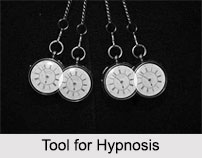 The tradition of hypnotic practices in India goes back a long way. Indian Yogis and Rishis used self-hypnosis during meditation in order to calm down and still their minds. In fact the Indian counterpart of hypnosis is Sammohan, which can be explained as the power of attraction. It has been in practice in India since Vedic period. It is widely held that no Yoga or Meditation is possible without hypnosis. The use of hypnotism as a scientific discipline was brought to India by the Scottish surgeon Dr James Esdaile. He worked in Kolkata during the 19th century and started using mesmerism to anaesthetize patients during surgery.
The tradition of hypnotic practices in India goes back a long way. Indian Yogis and Rishis used self-hypnosis during meditation in order to calm down and still their minds. In fact the Indian counterpart of hypnosis is Sammohan, which can be explained as the power of attraction. It has been in practice in India since Vedic period. It is widely held that no Yoga or Meditation is possible without hypnosis. The use of hypnotism as a scientific discipline was brought to India by the Scottish surgeon Dr James Esdaile. He worked in Kolkata during the 19th century and started using mesmerism to anaesthetize patients during surgery.
Types of Hypnosis
There are various kinds of hypnotic practice. Self-hypnosis, waking hypnosis and walking hypnosis are various types of hypnosis. These are autosuggestion by which a person hypnotizes himself or herself. In walking hypnosis the person can enter the trance state while repeating a monotonous work like walking, gardening, etc. Waking hypnosis is the procedure where hypnosis is possible without entering the trance.
Apart from this, hypnosis may also be classified into other distinct types, and they include Traditional hypnosis, Ericksonian hypnosis and Neuro Linguistic Programming.
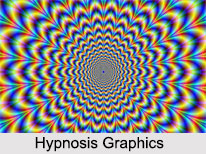
•Traditional hypnosis is the standard way of hypnotism whereby a subject is induced into a deep state of relaxation whereby the mind becomes highly susceptible to suggestion, and then his key issues are dealt with and solved.
•Ericksonian hypnosis is said to be among the most effective hypnotic practices which introduces ideas to the sub conscious in the form of stories called metaphors. With the help of these metaphors, the practitioner is able to cross the barriers of the conscious mind and reach the subconscious.
•In Neuro Linguistic Programming, though patterns are introduced into the mind which helps in solving problems.
Benefits of Hypnosis
The benefits of Hypnosis are many and they are utilized for both psychological as well as pathological ailments. It helps to bring about self-improvement, changing attitudes, behaviour, mental and emotional anxiety, tension, memory loss, hallucinations, compulsions, delusions and false memory, weight management, past life regression and aesthetic benefits during surgery etc. whereas self-hypnosis is useful for some problems, other need hypnotherapy. Hypnotism today finds use in medicine, psychology, entertainment, dermatology, education, surgery and even dentistry. Hypnotism can help make a person independent enough to solve his own problems. Today, hypnotism is being used in forensics, sports, physical therapy and rehabilitation.


